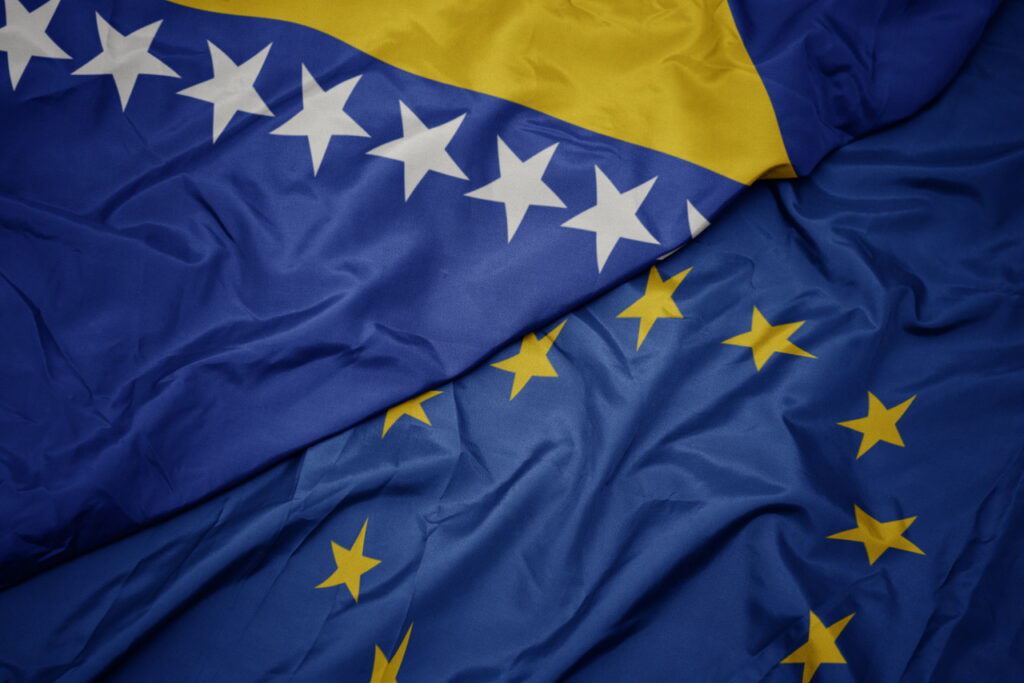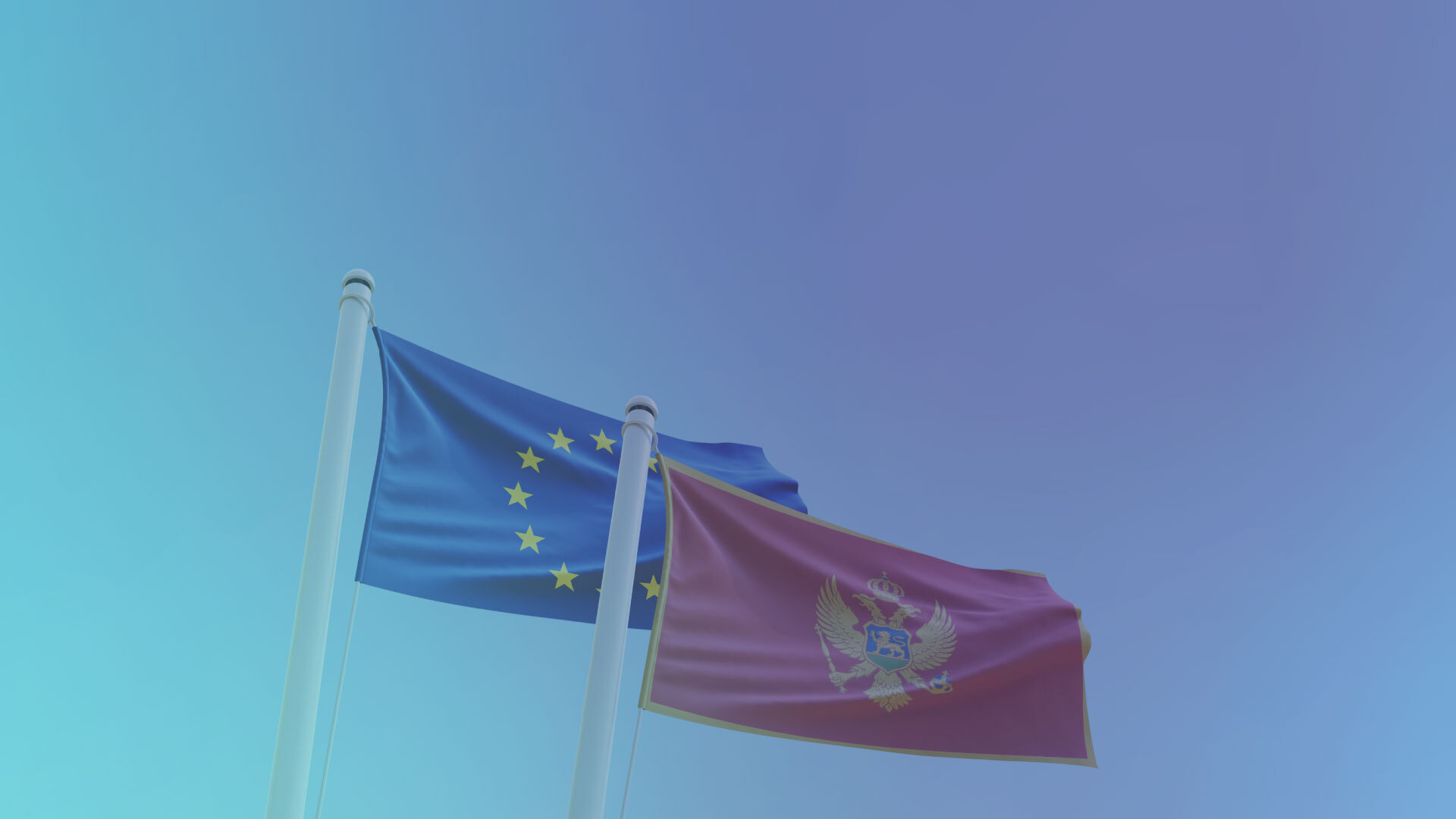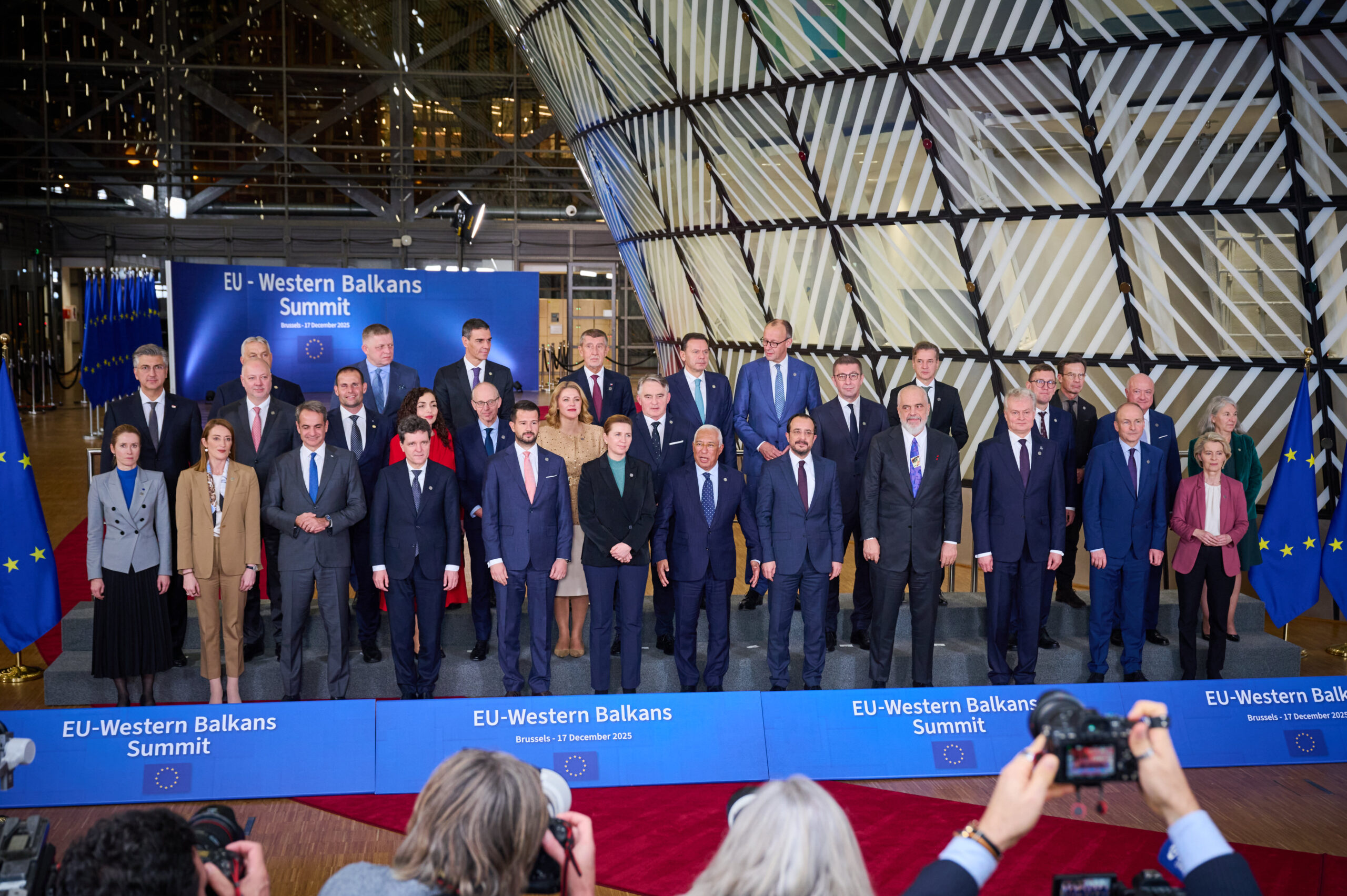Bosnia and Herzegovina’s Journey to EU Membership Begins

Bosnia and Herzegovina’s Journey to EU Membership Begins
The European Commission has recommended today to the Council to open EU accession negotiations with Bosnia and Herzegovina, marking a major move on the country’s European integration path. This follows the Commission’s communication to the Council about its Enlargement report on 8 November, addressing Ukraine and Moldova’s situation and their progress on the Council’s conditions for advancing EU bilateral relations over the last five years. The recommendation to open negotiations with Bosnia and Herzegovina comes after the European Council decided in December 2022 to give the country candidate status.
Bosnia and Herzegovina have since adopted a series of reforms, showing that it has all the guarantees of a clear European vocation. The country has adopted a series of laws necessary to avoid conflict of interests and to carry out the fight against money laundering and terrorist financing; advanced the country’s judiciary and prosecutorial system, fighting against corruption, organized crime, terrorism; and improve concerning migration management through the negotiation of a Frontex status agreement. These efforts have allowed the country to align with the EU’s Common Foreign and Security Policy and have in many respects provided for a level of development that has been unknown in a short but many years.
“Bosnia and Herzegovina has taken impressive steps forward since being granted candidate status, achieving more in just over a year than in the previous decade. It can meet the membership criteria and its citizens aspire to become part of the EU family,” said Ursula von der Leyen, President of the European Commission.
Draft negotiating frameworks are also proposed for Ukraine and for Moldova by the Commission, after the European Council decided to open negotiations with both. Learning from past enlargements, the proposed drafting framework better identifies for both countries the guidelines and principles that will govern the conduct of the negotiations, as well as the stage achieved by most of the revised methodology on enlargement and adaptations made to the EU’s acquis in the last years. The Commission’s willingness to present these proposals to the Council reflects the European Union’s enlargements’ new impetus. The draft negotiating frameworks for Ukraine and Moldova specify the principles, the substance, as well as the procedural aspects of the negotiations, they invite the former to adopt and implement the EU acquis in its entirety. The least can be said that it marks a very considerable stage on the way to converging these countries with the Union.
As the European Union looks to extend its membership, whether these agreements are adopted by the Council will be of crucial importance. The Council’s decision is anticipated to initiate formal accession negotiations, affirming the EU’s dedication to its enlargement policy and integrating these countries into the European family in the process.



